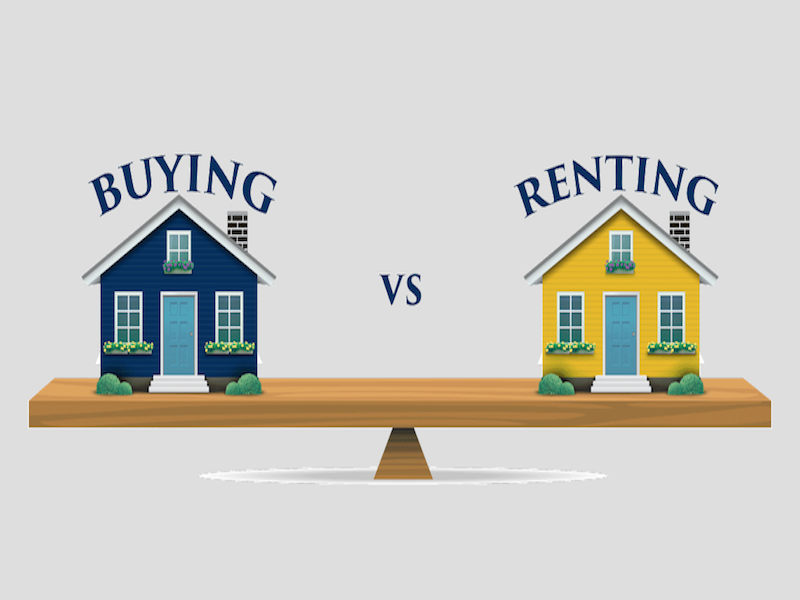When discussing the benefits of renting vs. buying, most of the argument revolves around financial matters. There are financial benefits in buying, in that you own an asset, and different benefits of renting, in that you don’t have to pay a big deposit or take care of property rates.
However, there is one major factor that has nothing to do with money: home decor. When you buy a house, you can do just about anything you want with it. When you are renting, you cannot do anything that impacts the structure or cannot be easily reversed when you leave.
As someone who needs to always be involved in a DIY project, this became the decisive factor when choosing whether to rent or buy a home. The ideal scenario for DIY projects is homeownership. But that does not mean it is the right choice for every DIY fanatic. You do need to know the DIY limits you will face when deciding whether to rent your home.
Here’s what I learned.
You can do plenty of “quick” projects
The truth is that even if you don’t own your home, you can still get involved in plenty of “quick” projects that significantly alter the interior in an aesthetic sense. These are generally the first projects you’ll want to do.
The most basic examples are painting or wallpapering the walls. A fresh coat of paint in a color that you love can make your rented home feel like your own. By simply painting one wall in a statement color, you can level up the design entirely. With wallpaper, the changes are even more pronounced and even less permanent.
But these projects don’t begin and end at the paint job. Put striking artworks up, and you can remove the nails if and when you move out. You can also revamp your closet to make it roomier and more attractive, and the owner almost certainly won’t mind.
You can even put up your own shelves, which can make a massive difference to the aesthetics of your rented home and which can be easily removed.
However, the limits of what you can do are also significant.
What you can’t do
Unfortunately, the sort of things that are a DIY lover’s dream are generally off-limits. These are the structural changes that will uplift the home entirely.
You can’t knock down a wall to turn a cramped kitchen into an open space area. You can’t build a gorgeous kitchen island. You can’t turn an uncomfortable bath/shower into a roomy and luxurious shower space.
Technically, you can ask your landlord if they will approve these kinds of projects that could increase the value of your home. But there are two problems with this. The first is that they are likely to be skeptical about you doing it yourself rather than hiring a company. The second is that you would be putting a lot of money into improving someone else’s property.
The latter is particularly important, as there is no guarantee that they won’t want to sell their home at a high price the moment your lease is up. You can spend thousands of dollars, only to make your landlord thousands more while having to find someplace new.
Is it worth it to buy a home for these reasons? If you truly love DIY, then the only question is whether you can afford to buy. Buying a home comes with the cost of deposits, transfer fees, rates, maintenance, and more. Some of these are not once-off expenses, but rather recurring problems you’ll have to see to.
Here are some important facts to take into consideration if you are ebuying.
Ask about these factors
Most first time buyers are clueless about many of the ins-and-outs of real estate. One such factor is the possibility of a mortgage lock. What is a mortgage lock? Put simply, a mortgage lock refers to the period of time during which the interest rate you’ve been offered on your mortgage won’t change. You have the opportunity to think about the offer before committing.
While you’re at it, ask different providers of home loans for what they can offer. Sometimes, the first offer you get is far more than you should be paying, but you don’t know until you’ve shopped around.
Ideally, any DIY lover wants to buy their home. The reality is that there are significant costs associated, and you may have to settle for renting for the time being.




















